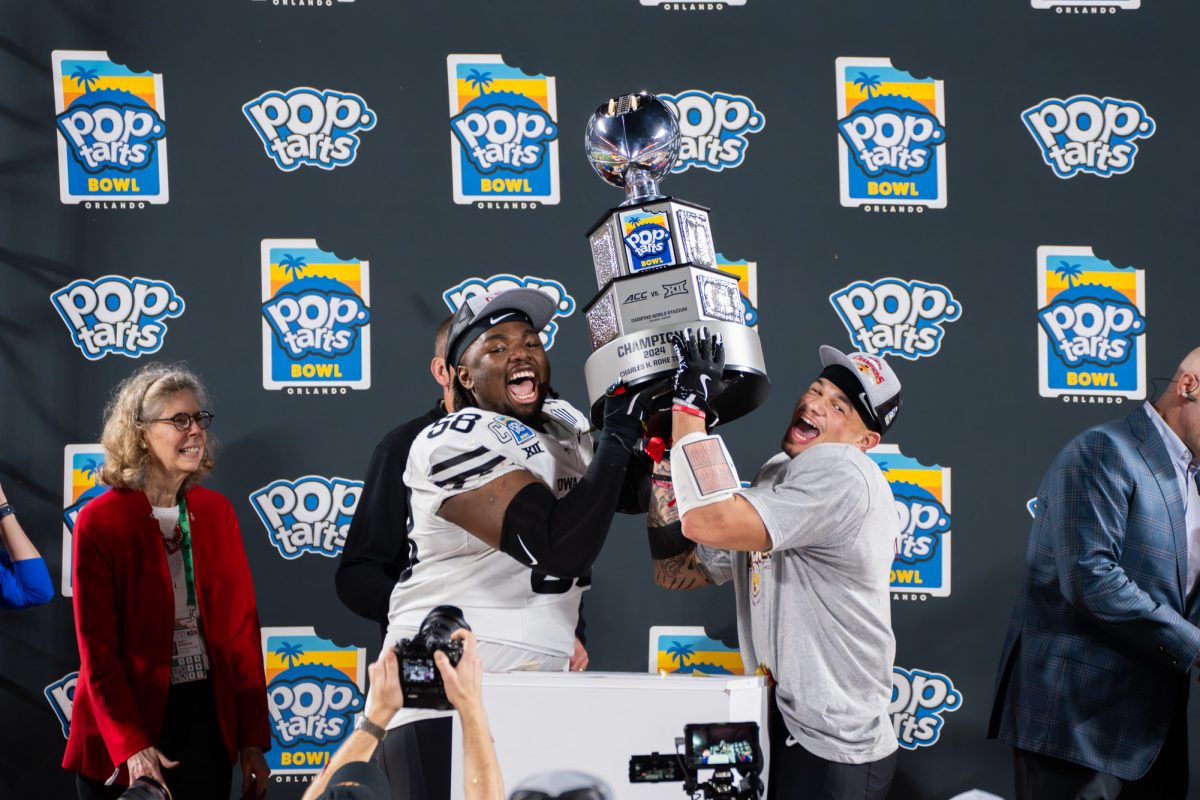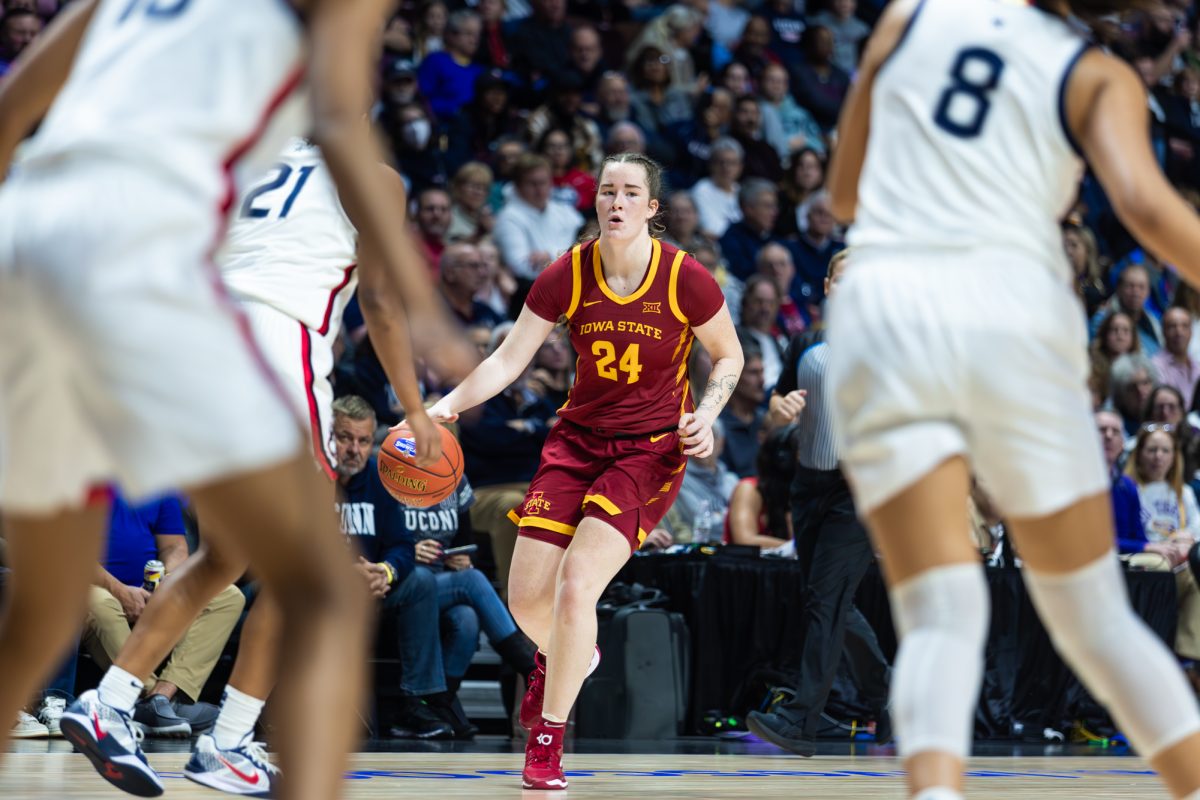COLUMN:9th Circuit should stand its ground
July 1, 2002
The U.S. Court of Appeals for the 9th Circuit is not winning any popularity contests nationwide and should not expect to enjoy anything but notoriety for a while. A three-judge panel of the court, which encompasses the western states and some U.S. territories in the Pacific Ocean, ruled Wednesday that the “under God” phrase in the Pledge of Allegiance is unconstitutional.
Naturally, the ruling in Newdow v. US Congress brought a firestorm of criticism on the appellate court judges who found that teacher-led patriotic proclamations that ours is “one nation indivisible under God” were indeed an infringement upon the rights of Michael Newdow, the plaintiff, and his daughter, an elementary school student in California.
Under California statute, schools are required to take part in some patriotic exercise, such as the Pledge of Allegiance. However, Newdow feels that the “under God” phrase in the pledge alienates atheists and does not respect his religious beliefs or the lack thereof. The judges on the 9th Circuit sided with Newdow and his daughter, citing the 1954 act of Congress which added “under God” to the pledge, stating that “The inclusion of God in our pledge therefore would further acknowledge the dependence of our people and our government upon the moral directions of the creator. At the same time it would serve to deny the atheistic and materialistic concepts of communism.”
The court’s reasoning was that the intentions behind inserting “under God” in the pledge were directly related to discrediting communism and endorsing God as the creator and guiding force behind the United States. Therefore, the 9th Circuit felt it was a sufficient abridgement of the Establishment Clause in the First Amendment – that Congress shall make no law regarding a religious establishment – and sided with Newdow.
It goes without saying that the timing of such a ruling was absolutely disastrous. When even government vehicles sport “God Bless America” bumper stickers, another holy war is on the evening news and Independence Day is right around the corner, striking down the sacred being from the sacred pledge to the republic and its flag ranks as one of the all-time most unpopular judicial rulings.
The justices and the plaintiff figured that out pretty quickly when the country united against them. Senate Majority Leader Tom Daschle, D-S.D., called the decision “just nuts,” and the Senate voted unanimously in disagreement with the decision. President Bush joined the Senate in voicing his disapproval over the ruling. Polls show that 90 percent of Americans disagree with the ruling.
The real problem with the ruling is not in its substance, which will most likely be appealed and possibly overturned, but that it does not have any teeth. In the face of such stringent criticism, U.S. Circuit Judge Alfred T. Goodwin stayed the verdict, meaning that the modified pledge will not be used in the 9th Circuit just yet. By not implementing current court law as the law of the land in the 9th Circuit, the court is handing its authority over to the indignant masses, many of whom will not be directly affected by virtue of not residing in the 9th Circuit.
The 9th Circuit is historically the most liberal circuit and consistently has the most decisions overturned by the U.S. Supreme Court.
While it is hard to speculate on how the Court would rule on an appeal of the 9th Circuit’s opinion, it has stated in previous cases the importance of the language of each statute, the context in which it was enacted and its legislative history, so that an impartial observer acquainted with the statute could determine if the state was endorsing prayer. The court also weighs the cultural and historical precedent for practices and obviously has a wealth of First Amendment rulings upon which to draw.
The judicial system is subject to the checks and balances of the federal government, but the courts are not intended to reflect public opinion. The courts are in place to protect the rights of everyone, and judges must rule based on the most complete precedent and best legal reasoning available at the time. Whether the decision of the 9th Circuit is right or wrong, the appellate process is in place to determine that.
The ruling should stand as law in the area of jurisdiction until the Supreme Court rules on the appeal. For the court to buckle under public opinion, death threats and political pressure, and to fail to release its own ruling, is a contradiction of the justice for which it stands.
The 9th Circuit should either let the entire bench reverse its ruling or implement the ruling until a Supreme Court decision. Anything less leaves the court system a puppet in the hands of calculating politicians and an angry public and impotent to perform its duties as the impartial arbiter for the nation.
Rachel Faber Machacha is a graduate student in international development studies from Emmetsburg.






